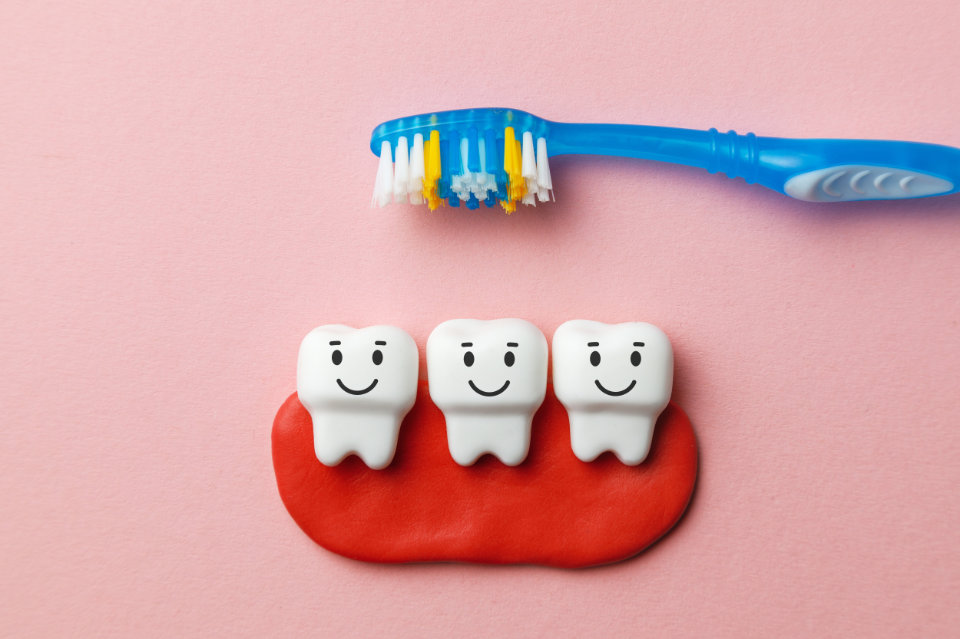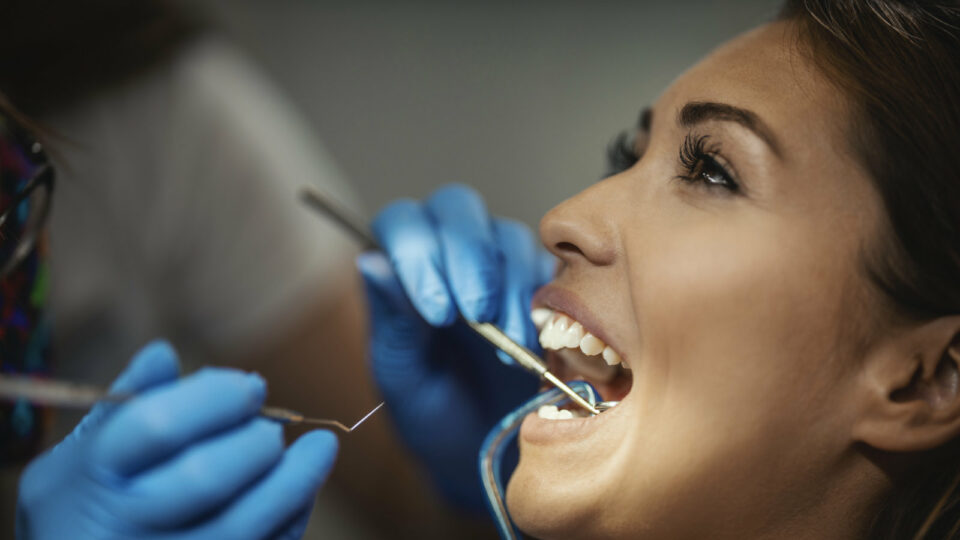Proper hydration, balanced nutrition, and effective oral care are vital components of overall health, yet they often go unnoticed until a problem arises. Many people must pay more attention to how these factors influence dental health.
In particular, athletes, health-conscious individuals, and even casual exercisers must recognise that what goes into the body and how it is maintained can significantly affect oral well-being.
Dentist Joliet professionals often emphasise the connection between systemic and oral health, underscoring how maintaining healthy habits in one area can positively impact another.
Table of Contents
How Hydration Influences Dental Health
Water has a central role in oral health and is an invaluable ingredient for maintaining the well-being of our teeth. Saliva is approximately 98% water and provides the mouth’s initial protection against tooth decay and oral infections. It can counterbalance acids from bacteria present in the mouth, rebuild tooth enamel, and remove food debris.
When people do not drink enough water, they produce less saliva in the mouth, exposing the teeth to decay and other gum diseases. Closely related to saliva is the fact that one has to drink enough water, particularly athletes and persons in dry environments, to enable the saliva to do its job.
Dry mouth, also called xerostomia, may be caused by insufficient water intake or some drugs. In runners and other active people, the problem could be made worse by breathing through the mouth when exercising.
This problem can be countered by consuming large amounts of water throughout the day. Also, fruits and vegetables with high water content have the added advantage of providing the body with nutrients that help build strong teeth and gums. In this way, people could prevent some oral health issues and make their bodies perform better at their functions.
The Link Between Nutrition and Oral Care
Diet plays a vital role in oral health because what we eat significantly impacts the condition of teeth and gums. Any food that contains sugar and carbohydrates promotes the growth of bacteria in the mouth, which causes acid formation, erodes enamel, and leads to cavities.
Correct proportions of food also contain calcium and phosphorus, as well as vitamins that assist in building the enamel and reducing the inflammation of the gum. Fresh foods are good sources of these nutrients: green leafy vegetables, lean meats, nuts, and dairy products. Consuming these options as part of the meals helps people work towards enhancing their oral health.
Most processed foods have added sugars and acids, which are the worst enemies of teeth. Even foods that most people consider healthy, like sports drinks, protein bars, and smoothies, have sugars that cause decay.
Selecting water, fresh fruits, and food items with little or no added sugar minimises dental issues while offering the body’s necessary nutrients. A balanced diet is needed to construct a robust physique and ensure healthy teeth and gums.
Moreover, consuming crispy fruits and vegetables such as apples and carrots encourages the production of saliva, which in turn helps remineralise the teeth’s outer surface. Calcium-containing foods assist in the building of the jawbone, and this all-pointer nutrition approach ensures that the mouth and the body are healthy, strong, vigorous, and immune to diseases.

Regular Oral Hygiene Habits
Proper intake of fluids and foods is essential, but effective oral care measures over some time are primary in the success of these strategies. Brushing fluoride-containing toothpaste at least twice a day and flossing daily helps to remove food particles that accumulate throughout the day.
Some common mistakes that most individuals make include not scraping the tongue, where bacteria and germs are found, and bad breath. Another part of good mouth care is visiting the dentist for cleaning and examination at least twice a year.
It can be used with brushing and flossing since it gets to areas one may not cover well. People who exercise or work under conditions that can cause dry mouth may opt to use a rinse that works against dry mouth. Additional risk reductions and better dental results include reducing tobacco usage and moderation or complete abstention from alcohol.
The small changes throughout the day add up to a significant amount. The battle to drink water, eat healthful foods, and brush teeth well sets a good practice for taking good care of one’s body. These habits can be integrated into people’s lives without much trouble, allowing them to manage their dental health and prevent future issues.
Take Care of Your Oral Health
The main components of a healthy smile include a drink, food, and oral hygiene. Proper diet, healthy nutrition, and regular water intake can improve a person’s dental and physical health. Developing these habits protects against tooth decay, diseases, and other unpleasant conditions so that the teeth and the rest of the body work efficiently.
Spending time and effort in these practices gives back not only in the aspect of having a good smile but also in the general well-being of an individual.





